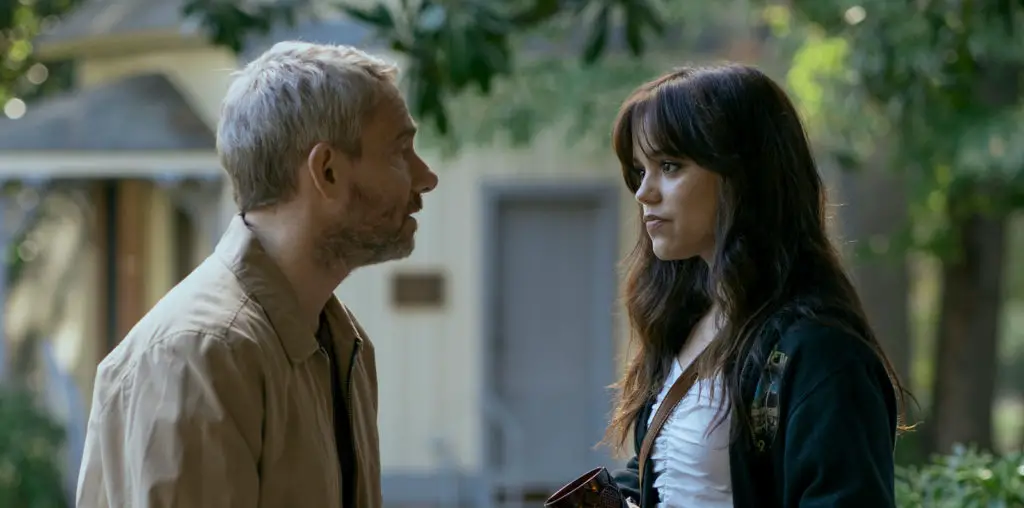
It is sometimes red, sometimes white. It can be French, American, Italian, Hungarian, or Japanese if made from rice. “Sideways” (Alexander Payne, 2004) argues that possessing extensive knowledge in cultivating it does not have to be limited to upper crust snobs. As it is discussed in Jonathan Nossiter’s documentary “Mondovino,” wine is love, commerce, politics, and family.
The filmmaker travels to various parts of the world to interview winemakers and wine specialists about their thoughts on the artistry, economics, and philosophy of making wine. The initial tone of “Mondovino” is warm and intriguing as winemakers talk about why they started in the vineyard industry, but it shifts when the topic of profits and globalization surface. “Antagonists” and “protagonists” pit each other ideologically and financially for victory. The first example is how a small French town ran opportunistic, powerful Americans out of its vineyards. The progression of this drama is deliberate and nearly creeps onto you. You think you’re just listening to Aime Guibert of Aniane in southern France talk about the Mondavis from California and their desire to bulldoze over trees and erect billboards bearing their name. While Guibert’s account is true, there’s more to it than protecting forests.
Nossiter aims to present an objective impression of the Mondavis. His tactic is to go from negative to positive to neutral to negative in a spectrum. Those who like them have their reasons (they know how to market wine) and those who do not have theirs (joint-ventures for the goal of profit increase disguised as benign business investments cheapen the artistry of wine)—all reasons are valid. When the Mondavis speak for themselves, you get a sense of “businessman” instead of “winemaker” and isn’t very far from “typical American capitalist.” The malleable depiction of this family is the result of a conflict of interests. Guibert as well as Hubert de Montille of Burgundy, for instance, represent the mentality of tradition. Creating a good wine ought to be the foremost priority and should make you think of its “terroir,” or a specific group of vineyards of the same soil in a particular region which significantly impacts the taste of a wine.
The Mondavis and their partners, on the other hand, are more progressive. They don’t deny that there is a chemistry, a science to producing wine that pleases the palate. They endorse working with a wine consultant to improve further the flavor and texture of their product. Michel Rolland is such a person. When “Mondovino” first introduces him, he is en route to a meeting with Catherine Peyre-Verge of Chateau LeGay in Bordeaux, France. Forever smiling, laughing, and conveying “I don’t think so” without sounding mean, Rolland tells his client that the wine needs to be micro-oxygenated—a term that he mentions a few more times but will not define. For the Mondavis and their associates, the mindset of “but how do we market it” lurks around every corner. You cannot simply make a good-tasting wine; you have to be able to sell it.
If Rolland is already contributing his input on the taste of your product, the next step is for wine critic extraordinaire Robert Parker to like it. Mr. Parker can make or break a wine. Never mind that one person can like what 100 people do not and vice versa; many vineyards are at the mercy of his tongue and will do whatever it takes to be included on his wine list.
“Mondovino” could develop on a path that is simply a meet-and-greet with winemakers around the world. Nossiter, however, chooses to organize his film in a much more potently profound manner. The documentary is on the long side but it’s fascinating. It begins with footage of men collecting coconuts from palm trees in Brazil and the declaration that coconuts can only produce juice not wine. Then the voyage through wine perspectives commences, steadily transforming from romantic ideals of love and pleasure to realistic issues of methods and money-making.

